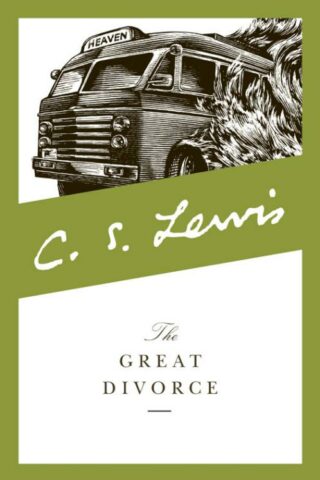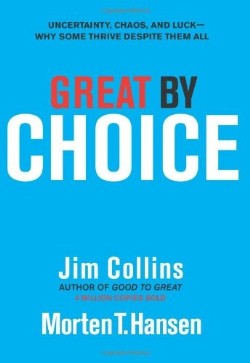How To Argue So Your Spouse Will Listen
$18.99
If you are a couple, you’ve most likely had an argument. Big or small, it can ruin your day and, even worse, your relationship. Dr. Sharon Morris May says, “It’s not how similar you are or even your level of conflict that determines your marital success but how you deal with your emotions, vulnerabilities, and dragons when you argue.” Dr. Sharon views conflict through the lens of the attachment theory, helping us understand: why we argue, how we argue, and how to unravel our arguments. She helps us identify what’s really going on in our brains and body when we argue, the cycles we get stuck in, the emotions fueling the cycles, and then helps us to argue in more considerate and connecting ways. She also offers six practical principles that help turn arguments into conversations: Establish a Safe Haven Comfort Dragons Get Inside Emotions Learn How to Complain Learn How to Apologize Bookend it with Good Times Learning how to argue so your spouse will listen will change your marriage and change your life!
in stock within 3-5 days of online purchase
SKU (ISBN): 9780849918681
ISBN10: 0849918685
Sharon May
Binding: Trade Paper
Published: September 2007
Publisher: Thomas Nelson
Print On Demand Product
Related products
-
Great Divorce
$17.99Add to cartC.S. Lewis takes us on a profound journey through both heaven and hell in this engaging allegorical tale. Using his extraordinary descriptive powers, Lewis introduces us to supernatural beings who will change the way we think about good and evil. In The Great Divorce C.S. Lewis again employs his formidable talent for fable and allegory. The writer, in a dream, finds himself in a bus which travels between Hell and Heaven. This is the starting point for an extraordinary meditation upon good and evil which takes issue with William Blake’s The Marriage of Heaven and Hell.
-
Great By Choice
$29.99Add to cartThe new question
Ten years after the worldwide bestseller Good to Great, Jim Collins returns with another groundbreaking work, this time to ask: Why do some companies thrive in uncertainty, even chaos, and others do not? Based on nine years of research, buttressed by rigorous analysis and infused with engaging stories, Collins and his colleague, Morten Hansen, enumerate the principles for building a truly great enterprise in unpredictable, tumultuous, and fast-moving times.The new study
Great by Choice distinguishes itself from Collins’s prior work by its focus not just on performance, but also on the type of unstable environments faced by leaders today.With a team of more than twenty researchers, Collins and Hansen studied companies that rose to greatness-beating their industry indexes by a minimum of ten times over fifteen years-in environments characterized by big forces and rapid shifts that leaders could not predict or control. The research team then contrasted these “10X companies” to a carefully selected set of comparison companies that failed to achieve greatness in similarly extreme environments.
The new findings
The study results were full of provocative surprises. Such as:The best leaders were not more risk taking, more visionary, and more creative than the comparisons; they were more disciplined, more empirical, and more paranoid.
Innovation by itself turns out not to be the trump card in a chaotic and uncertain world; more important is the ability to scale innovation, to blend creativity with discipline.
Following the belief that leading in a “fast world” always requires “fast decisions” and “fast action” is a good way to get killed.
The great companies changed less in reaction to a radically changing world than the comparison companies.
The authors challenge conventional wisdom with thought-provoking, sticky, and supremely practical concepts. They include: 10Xers; the 20 Mile March; Fire Bullets, Then Cannonballs; Leading above the Death Line; Zoom Out, Then Zoom In; and the SMaC Recipe.Finally, in the last chapter, Collins and Hansen present their most provocative and original analysis: defining, quantifying, and studying the role of luck. The great companies and the leaders who built them were not luckier than the comparisons, but they did get a higher Return on Luck.
This book is classic Collins: contrarian, data-driven, and uplifting. He and Hansen show convincingly that, even in a chaotic and uncer






Reviews
There are no reviews yet.